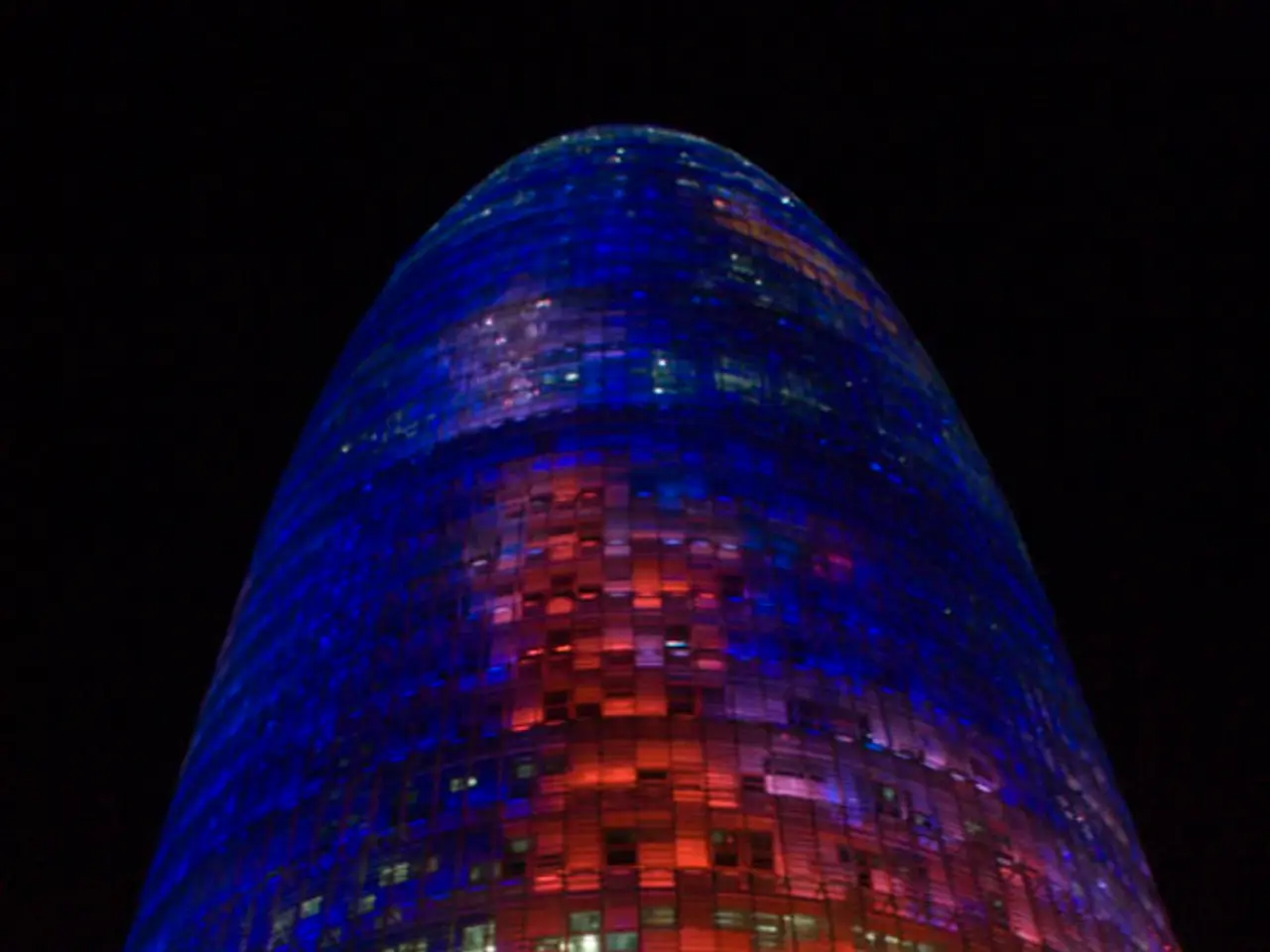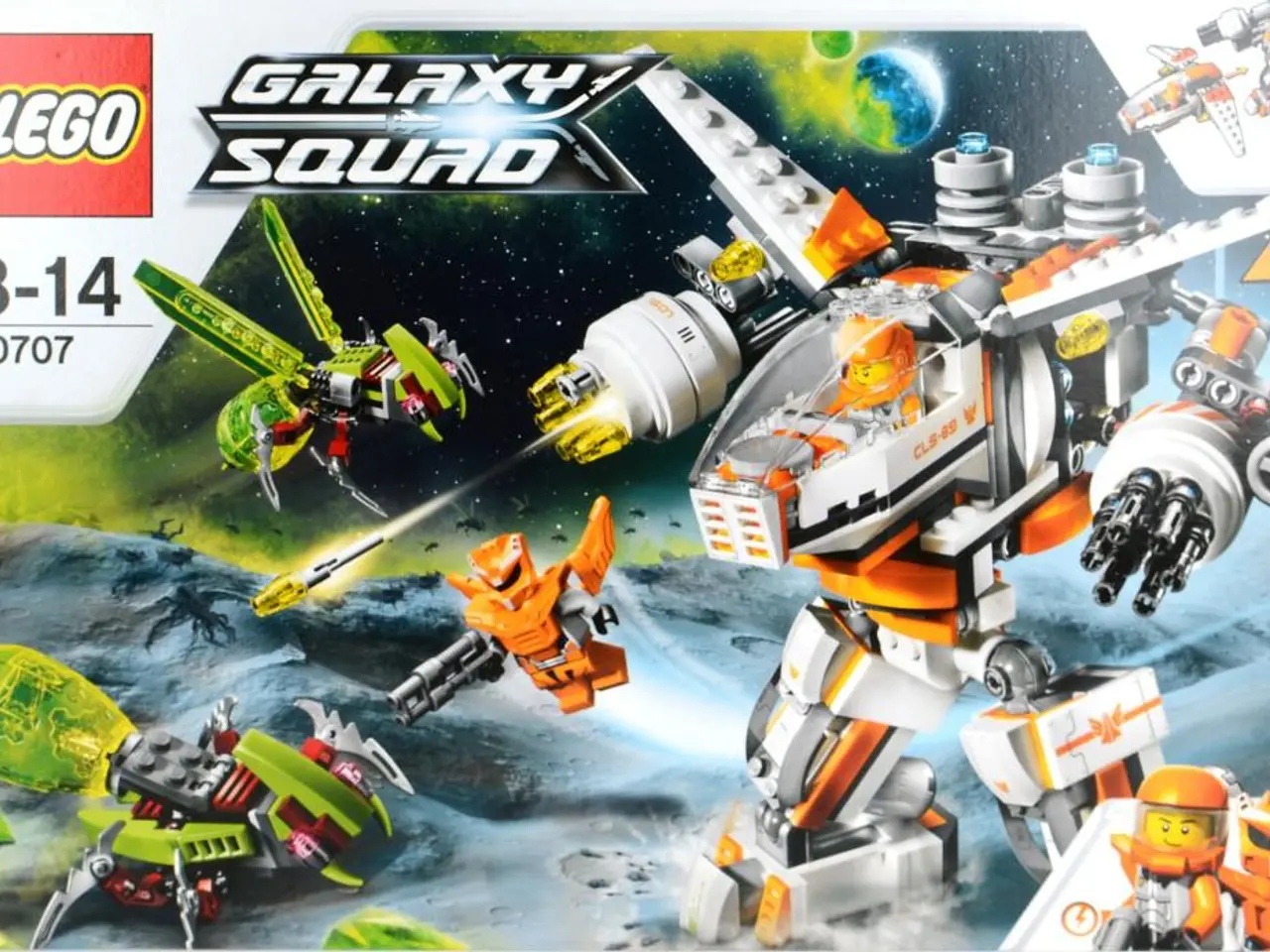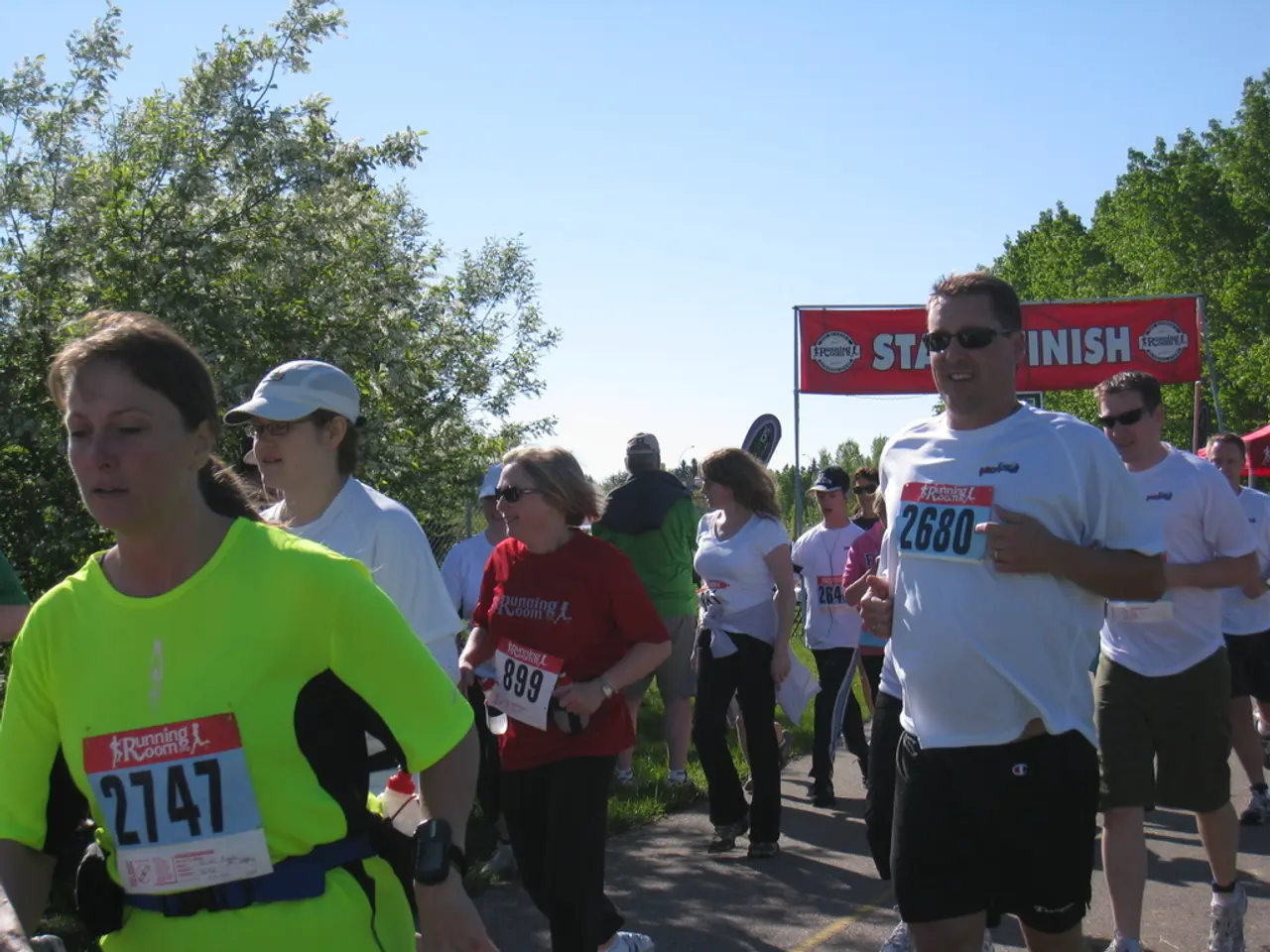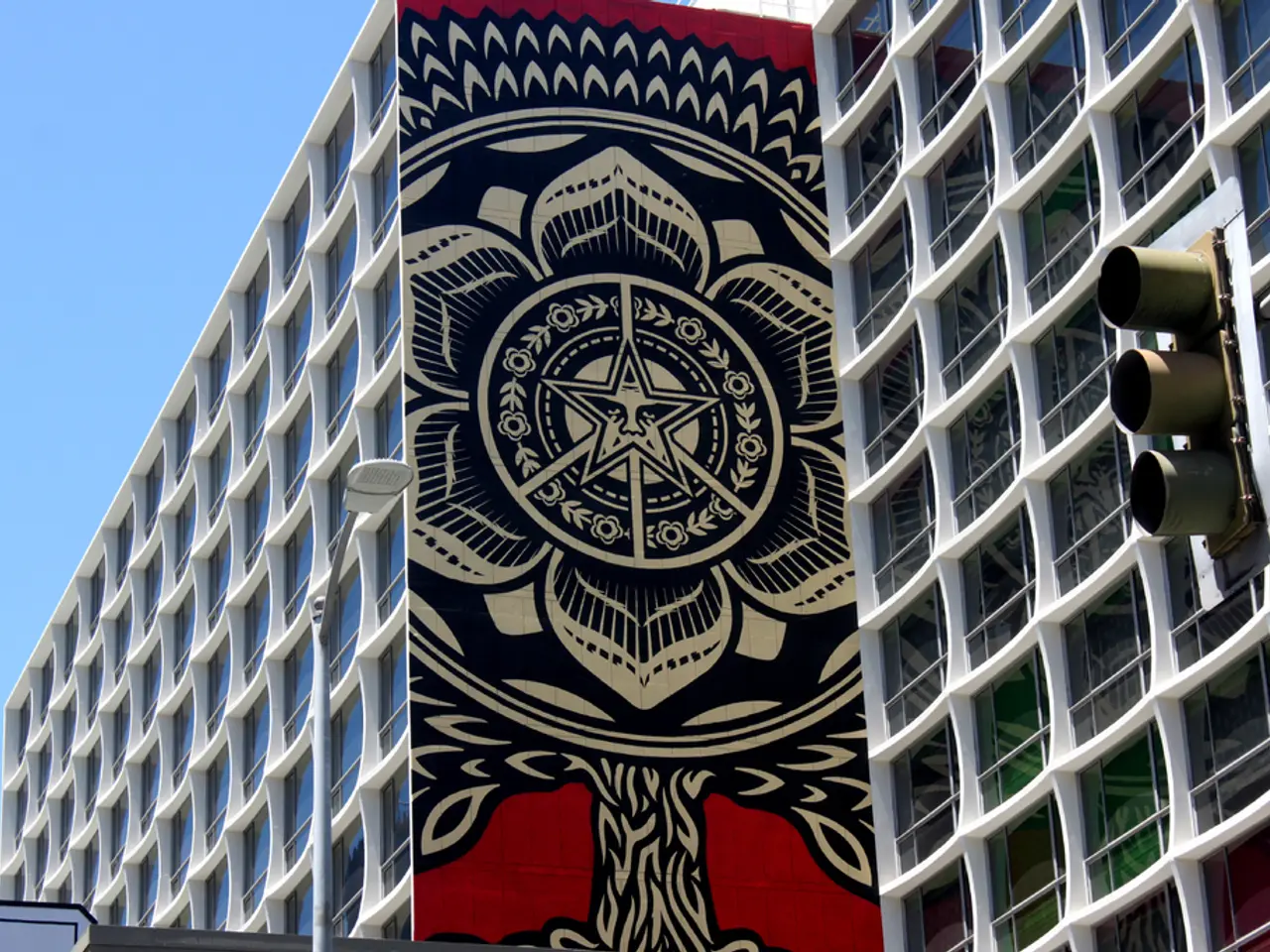Amidst over 44,000 attendees, Culture House Caserne experiences significant issues persistently
The Cultural Center Caserne, one of the country's most significant cultural meeting places, is currently facing financial difficulties. A recent visit by a delegation from the State Working Group of Cultural Initiatives and Socio-Cultural Centers in Baden-Württemberg (LAKS) revealed the challenges the center is facing.
During the LAKS Center Tour 2025, 46 representatives from 23 socio-cultural centers were informed about the Caserne. The center, which hosted over 400 events in 2024 and attracted more than 44,000 visitors, is now under immense pressure due to financial cuts, a building in need of renovation, and closed play areas.
The city's reduction in funding for the Caserne has caused concern, as it also affects state funds. The city contributes 50 cents for each municipal euro, meaning a reduction of 20,000 euros from the city leads to a reduction of 10,000 euros from the state.
Claus-Michael Haydt, managing partner of the Cultural Center Caserne gGmbH, stated that the facility could face insolvency by the end of the year if the overall situation does not change. Tina Gonsiorek, the second chairwoman of LAKS and managing director of Tanz- und Theaterwerkstatt Ludwigsburg, praised the variety of rooms at the Cultural Center but lamented that the potential cannot be fully exploited at the moment.
A renovation as prescribed by the authorities is not feasible for the non-profit society, according to Claus-Michael Haydt. However, Mayor Andreas Hein suggests handing over the problems to the gGmbH so they can manage the renovation themselves, with funds provided by the city.
In light of these financial struggles, the Cultural Center Caserne is seeking sustainable support from political, institutional, and private entities. The center's importance to the community and the country cannot be overstated. It serves as an inclusive community hub, providing a platform for cultural expression, social cohesion, and creative development.
When financial resources are limited, non-financial support means like community partnerships, volunteer engagement, in-kind donations, and advocacy can help sustain operations without direct cash flow. The struggle of cultural meeting places like the Caserne can lead to reduced access to cultural expression, social cohesion, and creative development, underscoring the importance of both financial support and alternative support mechanisms to maintain their role as inclusive community hubs.
For example, government financial programs impacting communities indicate that budget priorities significantly affect service availability and inclusivity. Similarly, efforts such as community cooperation in rebuilding Ocean City after a disaster show how societal impact and non-financial support (community effort, advocacy, and federal aid linked to equitable principles) are critical for cultural and social recovery.
In conclusion, maintaining cultural meeting places during financial struggles requires a balanced approach between securing limited funds and harnessing broader societal and community support to preserve their cultural and social roles. The Cultural Center Caserne is no exception, and it is hoped that the ongoing discussions about its financial problems will lead to a solution that ensures its continued operation and vital role in the community.
- To address the financial difficulties faced by the Cultural Center Caserne, the center is seeking sustainable support from political, institutional, and private entities, beyond just direct financial aid.
- In a bid to maintain its cultural and social role, the Caserne is exploring alternative support mechanisms like community partnerships, volunteer engagement, in-kind donations, and advocacy, when financial resources are limited.
- The ongoing discussions about the Caserne's financial problems should lead to a solution that balances securing limited funds with harnessing broader societal and community support, ensuring its continued operation and its role as an inclusive community hub for cultural expression, social cohesion, and creative development.






